
To learn to read is to light a fire; every syllable that is spelled out is a spark.” ― Victor Hugo
Have you ever wondered how something as simple as reading stories to your toddler can impact their development? “Once upon a time, there lived a lion…” Did you just imagine a scenario for that? Did a picture form in front of you with a lion moving in a jungle? That is the power reading holds (1). Reading books to toddlers is not just for putting them to sleep, it is one of the basic components of a toddler’s education. Knitting stories to young kids is good fun involving multiple advantages.
Many a time, parents get to hear about the importance of reading to the toddlers. But they are mostly left wondering why. What stands out is that being read to, helps toddlers learn how to read gradually, as well as fosters development. However, the benefits arising with reading are not only limited to what is being learned and understood. Find out more about advantages of reading stories to your toddler in this article.
When to Start Reading to Your Kid?

As kids and young adults, we have always grown up on the stories told to us by our grandparents. Our childhood was made all the better because of those magical stories. Every story they told was a tapestry of magic, knowledge, and relationships. They not only kept us entertained but also taught us so much and built memories for a lifetime. Read to your toddler as soon as possible, even from birth. Here’s what we know reading does for kids at each stage of early development:
1. Newborn to 6 Months
Benefits: The sweet tone that makes your voice is what soothes a baby and helps them to bond with a parent and to feel secure.
Activities: Read short simple books that high-contrast images and explain the idea of the picture.
2. 6 to 12 Months
Benefits: It facilitates the understanding of language and hones the ability to listen.
Activities: Choose books with colorful graphics and short phrases that are easy to grasp.
3. 1 to 2 Years
Benefits: Braces the vocabulary and develops better understanding in toddlers.
Activities: Get involved with a book that can be moved and opened by the toddler and ask your kid to flip a page and see the pictures.
4. 2 to 3 Years
Benefits: Supports the toddler to ask and answer questions about the story and to present empathy.
Activities: Read books containing complex stories to ask your toddler questions about it.
By instilling an early interest in reading in toddlers, it not only helps them to develop cognitive skills but also to manage their emotions (2).
Why Should You Read to Your Toddler?

According to a recent study, mothers who read to their kids since they were 1 year old and that too, frequently, used less harsh parenting when their kids turned 3 years old. Mothers who read at age 3 regularly parented less harshly when their kids turned 5 years of age. Their toddlers were also able to exercise self-control and pay better attention (3).
Toddlers often showcase remarkable photographic memory, also called eidetic memory. They can recall colorful details from their surroundings and experiences. This ability allows them to create twisted scenarios and imaginative worlds based upon their observations which help kids make sense of their experiences (4).
Advantages of Reading Stories to Your Toddler
By engaging toddlers in the world of stories, you provide them with many cognitive, emotional, and social benefits. Here’s a deeper understanding on how reading to toddlers positively impacts their growth and well-being.
1. Aids Language Development
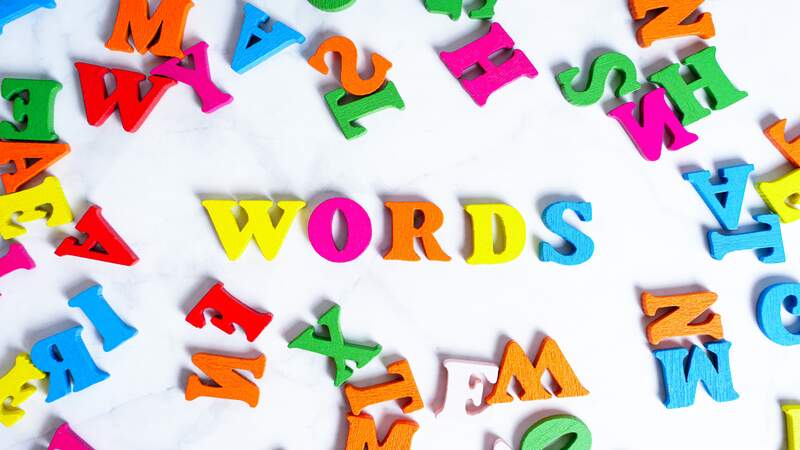
Reading introduces the toddlers to a larger vocabulary than ordinary words. It helps them to understand and remember the meanings of the new words. The rhythmic pattern and repetitiveness helps them to grasp words they hear for the first time. This also results in effective communication (5).
2. Develops Emotional Connection
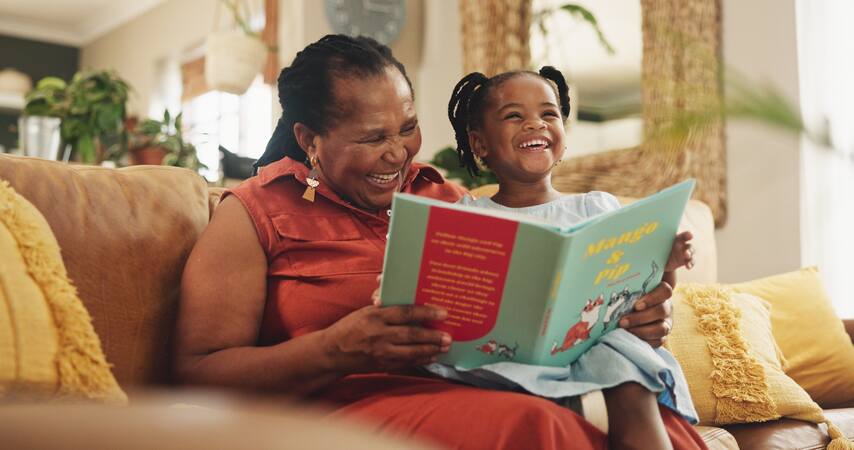
Spending time reading together with your toddler will help in forming a special bond with them (6). It will help you and your little one grow close, and have fun together. When toddlers listen and read stories, they put themselves in the place of characters. This way they learn to know, sort and manage their feelings.
3. Develops Creativity And Imagination
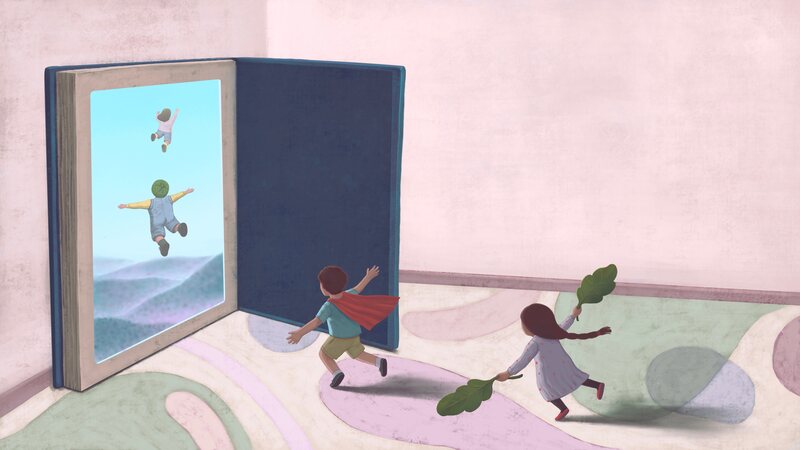
Stories are the keys to the world of imagination, allowing toddlers to explore different situations, characters, and adventures. Involvement of creativity brings the kids out of the usual mode of thought. Toddlers learn to think out of the box (7).
4. Intensifies Communication Skills
The use of phonics in books is a helpful way for toddlers to learn and improve their pronunciation. It also takes care of the spelling and oral skills. It introduces them to new words and sentence patterns, helping them express themselves more clearly.
5. Executing Listening Skills
The kids who are listening to the story have to be able to listen and follow the story outline, otherwise they will miss the story and lose interest. Developing strong listening skills at a young age supports their ability to be involved in conversations and learn from interactions.
6. Develops Focus
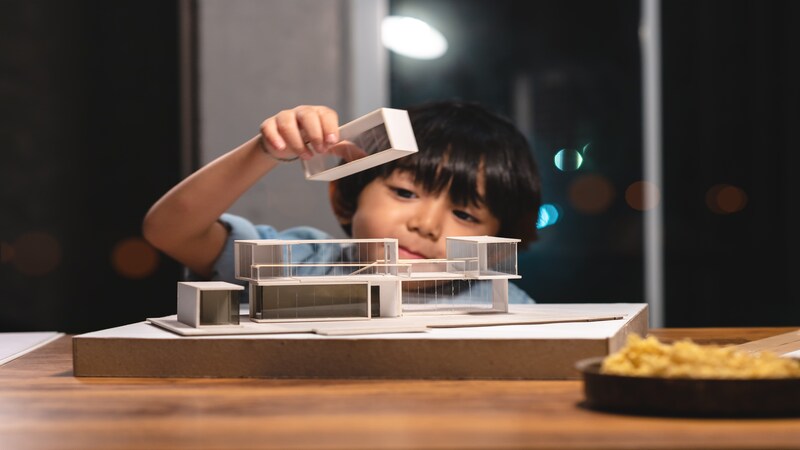
The time that toddlers spend reading books is the most effective way for them to get used to concentrating on a particular thing at a time. Patience and the ability to delay pleasure are cultivated through that (8).
Tips For Reading to Your Toddler
Reading to your toddler can be a joyful experience for both of you, but it requires some thought and preparation to make the most of it. Here are some tips for making reading enjoyable and effective for your toddler:
1. Choose Engaging Books
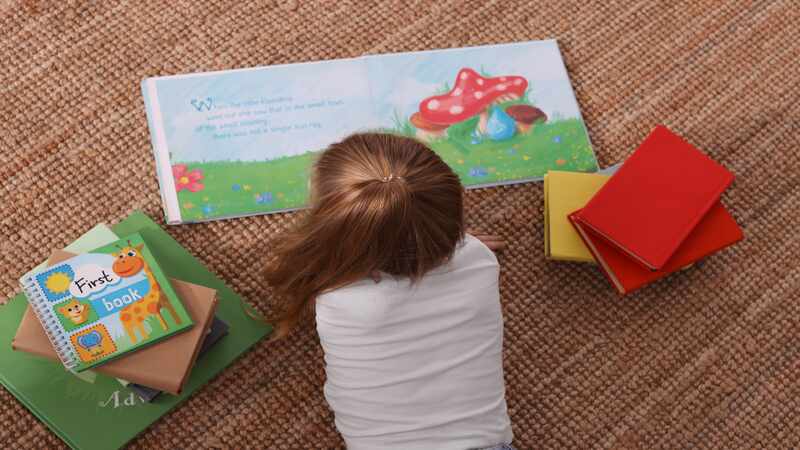
Choose books which look ‘friendly’ both on the outside and inside, have nice and bright pictures, and contain as few words as possible. Interactive books with features like flaps or textures are great for engaging. Books involving everyday activities can be chosen for the toddler to relate (9).
2. Read Regularly
Make it a regular practice to read a book daily. You can choose any time of the day that suits you and your little one. It helps toddlers learn new words, lights imagination, and makes their brain grow stronger. It also brings you closer together, creating a special time to bond and feel connected.
3. Be Expressive
While reading stories to your toddler, use tools like voice modulation, changing the tone, hand movements, or making facial expressions to dramatize the story. These simple things will amp up the experience for your toddler. The more exciting the subject the greater the chance of catching the attention of your toddlers, and retaining it.
4. Encourage Interaction
Choose books that will fascinate toddlers, whether it’s animals, cars, trucks, or even fairy tales. This results in understanding what is taught in the classroom or the lecture or paying sufficient attention to it. Ask them questions about the pictures or what they think will happen next (10).
5. Make it Fun

Props assist the toddlers in receiving the story and dramatic acting of some parts, singing of songs or reciting rhymes of the book assists the kids in their memory of the book’s content. They learn how to chat, listen, and understand better, just like a superhero learning new powers.
Reading stories to your toddler is an amazing way to help them nurture and nourish your parent-child bond. Looking out for fun and interesting books, explaining using different voices, and making the characters of the book come alive and enacting like a play can make reading time a blast. By creating reading as an integral part and parcel of your day, one can help their kids fall in love with books and learn various things. It also aids in understanding their emotions and getting involved with others. In the end, reading together sets them up for success in school and life.
FAQ’s
1. Why Are Children’s Stories Important?
Children’s stories boost early knowledge, spoken language skills, and overall cognitive development while strengthening emotional understanding, social skills, and cultural recognition. They also strengthen bonds and promote love for reading.
2. What do Stories Teach Children?
Stories teach children proficiency, emotional expression, imaginative skills, and problem-solving. They also induce various cultures and values, resulting in overall development.
3. What is The Power of Stories For Children?
The power of stories for young children rests in their potential to give fuel to imagination and creative thinking, learn important lessons, and support development in all forms.
References
- Dr. Rajesh Babu, Consultant Pediatrician And Neonatologist, Ovum Hospitals – https://ovumhospitals.com/blog/the-power-of-reading-aloud-fostering-a-love-for-books
- Mango and Marigold Press – https://mangoandmarigoldpress.com/blogs/blog/how-does-reading-help-your-childs-cognitive-development
- Jimenez, Manuel E. MD, MS, FAAP, Mendelsohn, Alan L. MD, Lin, Yong PhD, Shelton, Patricia, Reichman, Nancy PhD. Early Shared Reading Is Associated with Less Harsh Parenting. Journal of Developmental & Behavioral Pediatrics 40(7):p 530-537, September 2019. | DOI: 10.1097/DBP.0000000000000687 – https://journals.lww.com/jrnldbp/abstract/2019/09000/early_shared_reading_is_associated_with_less_harsh.5.aspx
- Heart Parenting & Montessori – http://www.internationalparentingassociation.org/Early_Learning/photomem.html
- Penfield Children’s Center – https://penfieldchildren.org/uncategorized/4-language-skills-developed-during-reading/
- Governor’s Early Literacy Foundation – https://governorsfoundation.org/gelf-articles/reading-together-fosters-brain-development-and-bonding-attachment/
- Alexandra Akinchina, World Literacy Foundation – https://worldliteracyfoundation.org/reading-enhances-imagination/
- Nooksy – https://www.nooksy.co/blog/reading-increases-concentration
- Little Scholars Development Center – https://littlescholarsnyc.com/how-to-choose-age-appropriate-books-for-toddlers/
- Zhang Mingming, Hou Guanhua, Chen Yeh-Cheng, Zhang Tao, Yang Jie, A Book Interaction Scheme to Enhance Children’s Reading Experiences and Preferences, Frontiers in Psychology, VOLUME=11, YEAR=2020, DOI=10.3389/fpsyg.2020.02155 – https://www.frontiersin.org/journals/psychology/articles/10.3389/fpsyg.2020.02155/full
